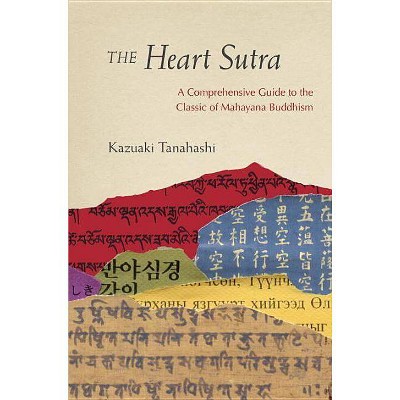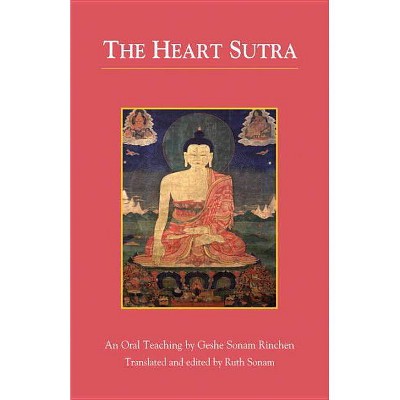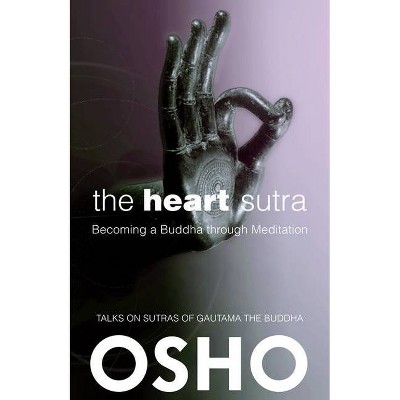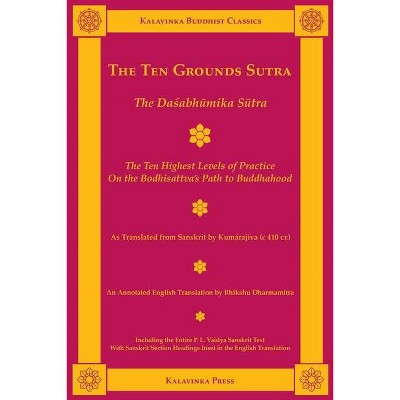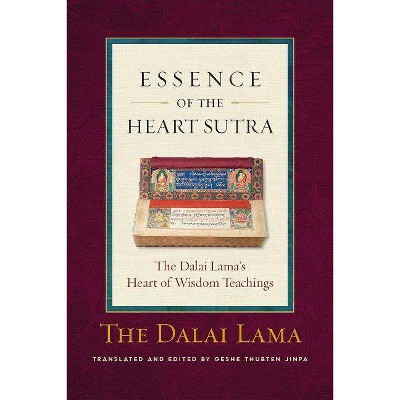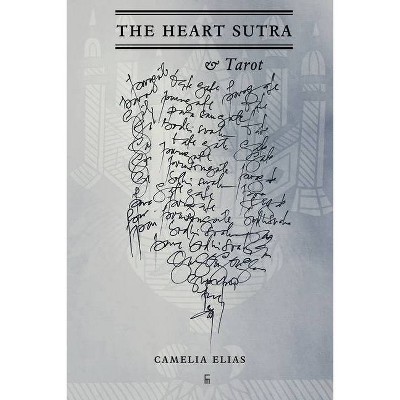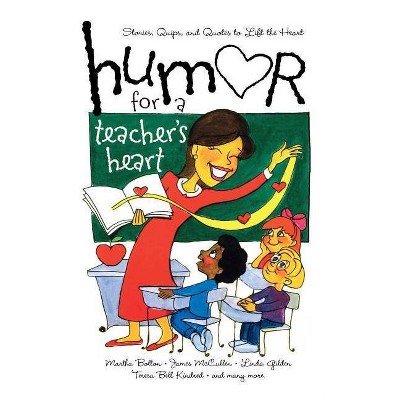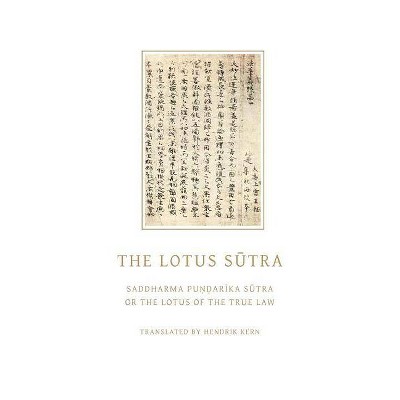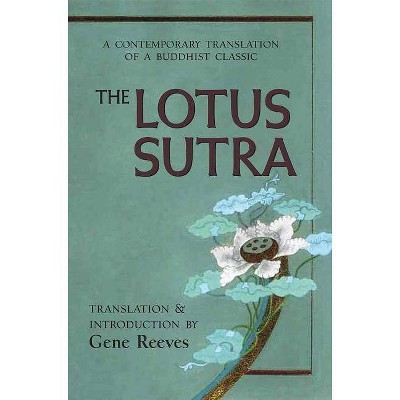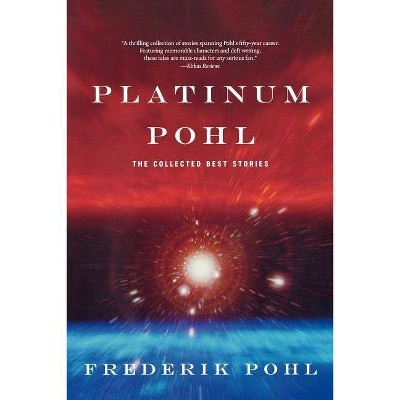My Heart Sutra - Annotated by Frederik L Schodt (Paperback)
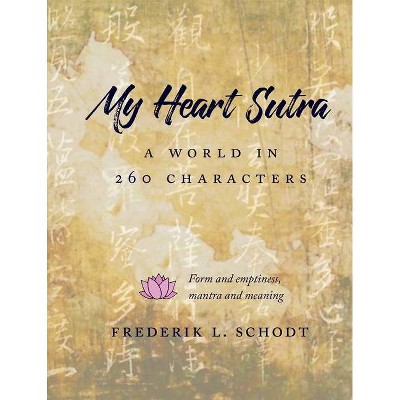
Similar Products
Products of same category from the store
AllProduct info
<p/><br></br><p><b> About the Book </b></p></br></br><p>: A cultural and personal journey into the famous sutra that teaches form is emptiness; and emptiness is form.</p><p/><br></br><p><b> Book Synopsis </b></p></br></br><p>The Heart Sutra is the most widely read, chanted, and copied text in East Asian Buddhism. Here Frederik L. Schodt explores his lifelong fascination with the sutra: its mesmerizing mantra, its ancient history, the "emptiness theory, and the way it is used around the world as a metaphysical tool to overcome chaos and confusion and reach a new understanding of reality--a perfection of wisdom. Schodt's journey takes him to caves in China, American beats declaiming poetry, speculations into the sutra's true origins, and even a robot Avalokiteśvara at a Kyoto temple.</p><p/><br></br><p><b> Review Quotes </b></p></br></br><br><p>Like the Heart Sutra itself, Schodt's words are prismatic--stories of a lifetime of personal encounter with this ancient sacred text are set alongside historical, cultural, and linguistic commentary, each facet both intriguing in itself and an invitation to further inquiry.</p> <p>--<em><strong>Lion's Roar</strong></em></p> <p>The very personal nature of <em>My Heart Sutra</em> is what gives this book its readability, especially to the uninitiated.</p> <p>--<strong>Books on Asia</strong></p> <p>Schodt's obsession with the sutra and expertise as a translator shows in his ability to decode academic conversations and practical religious concerns into accessible language."</p> <p>--<em><strong>Publishers Weekly</strong></em></p> <p><em>My Heart Sutra</em> is a love letter to the Heart Sutra, as well as a trip through time, and to the far corners of the Buddhist world where it's popularity remains unabated.</p> <p>--<strong>Maryse Cardin, <em>The Pacific Rim Review of Books</em></strong></p> <p>Unique...an engaging read to anyone with the slightest interest in the subject.</p> <p>--<strong>Nikkei Asia</strong></p> <p>Schodt has found the Heart Sutra to be the most transformative spiritual influence in his life, and this book is his tribute for others to experience the scripture's magic for themselves.</p> <p>--<strong>teahouse.buddhistdoor.net</strong></p> <p>"This is not merely a book about the Heart Sutra. It's about the stories that grew up around it, its journey through human civilization like a self-replicating meme, a scrap of wisdom whispering in temples, shopping malls, and movies."</p> <p>--<strong>Jonathan Clements, author of <em>A Brief History of China</em></strong></p> <p>Reading <em>My Heart Sutra</em>, I imagined pulling a loose thread at the end of a one-page sutra and unraveling enough yarn to weave together a life, with enough left to make a new robe for the Buddha.</p> <p>--<strong>Red Pine, author of <em>The Heart Sutra: The Womb of Buddhas</em></strong></p> <p>"Frederik Schodt has created a magical weaving of two stories of wonder: how the Heart Sutra arose from somewhat fantastic origins to become the most recognizable Buddhist scripture in China and Japan today through new forms of expression, and how the enigmatic teachings of this "sutra concerned with negating everything" has served as a kind of moving goalpost within the author, challenging, inspiring, and guiding him as his religious consciousness unfolds."</p> <p>--<strong>Mark L. Blum, professor of Buddhist Studies and Shinjo Ito distinguished chair in Japanese Studies, University of California, Berkeley; editor of <em>Cultivating Spirituality</em>, <em>Rennyo and the Roots of Modern Japanese Buddhism</em>, translator of <em>The Nirvana Sutra, vol. 1</em></strong></p> <p>I am not sure I have read another book in which the author is as sensitive as Schodt to the quality of the spoken or chanted version of [The Heart Sutra].</p> <p>--<strong>Leanne Ogasawara, </strong><em><strong>Kyoto Journal </strong></em></p> <p>"Frederik L. Schodt skillfully weaves together personal anecdotes, details of Buddhist teaching and history, and many other facts and stories, giving readers a compelling reason to study the Heart Sutra and make the wisdom of Emptiness part of their lives.</p> <p>--<strong>Daigaku Rummé, Sōtō Zen priest at the Confluence Zen Center St. Louis</strong></p> <p>Schodt has found the Heart Sutra to be the most transformative spiritual influence in his life, and this book is his tribute for others to experience the scripture's magic for themselves.</p> <p>--<strong>teahouse.buddhistdoor.net</strong></p><br><p/><br></br><p><b> About the Author </b></p></br></br><p>Fluent in Japanese, Frederik L. Schodt is an author and translator of impressive breadth. He has written extensively on Japanese pop culture, technology, and history. His books include <em>Dreamland Japan, America and the Four Japans</em>, and <em>Native American in the Land of the Shogun</em>, which was a Choice Magazine Outstanding Academic Title in 2005. In 1998, Schodt translated and annotated Japanese immigrant Henry Kiyama's <em>The Four Immigrants Manga</em>, one of the first American original comic books; graphic novelist Will Eisner called the book a treasure [that] belongs in every library.</p> <p>In 2009, Schodt was awarded the prestigious Order of the Rising Sun, Gold Rays with Rosette, by the Japanese emperor for his contribution to the introduction and promotion of Japanese contemporary popular culture in the United States of America. He is also a recipient of the Japan Foundation Award for 2017.</p> <p>Schodt has lectured at venues worldwide, including San Francisco's Asian Art Museum, the Smithsonian Institution's Freer Art Gallery, Temple University Japan, the Boston Museum of Fine Arts, Tokyo University, Stanford University, and the University of California, Berkeley. He lives in San Francisco.</p>
Price History
Cheapest price in the interval: 16.39 on October 22, 2021
Most expensive price in the interval: 16.39 on November 8, 2021
Price Archive shows prices from various stores, lets you see history and find the cheapest. There is no actual sale on the website. For all support, inquiry and suggestion messagescommunication@pricearchive.us
